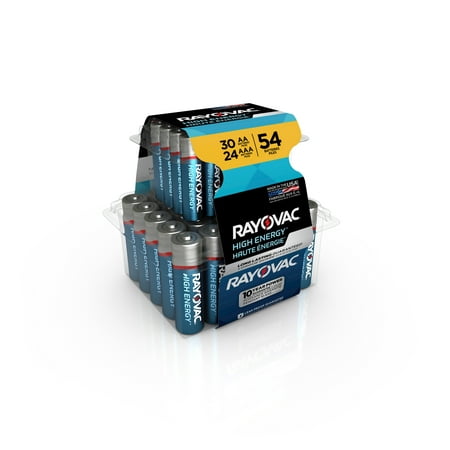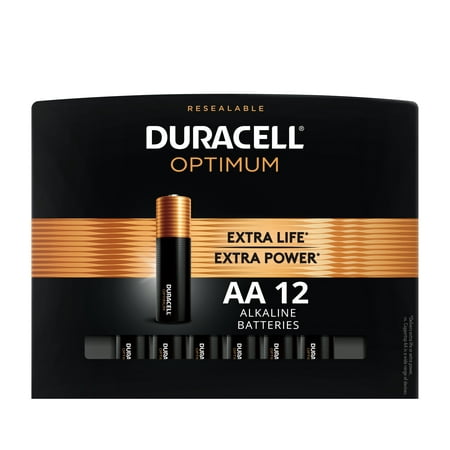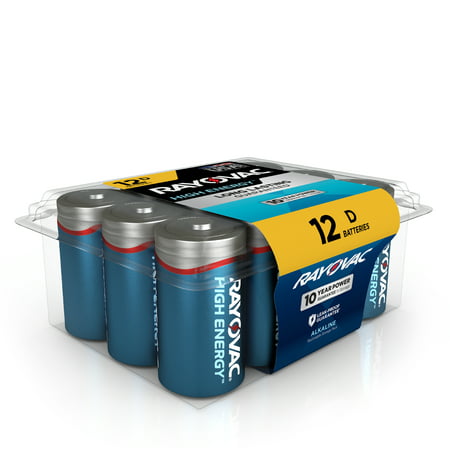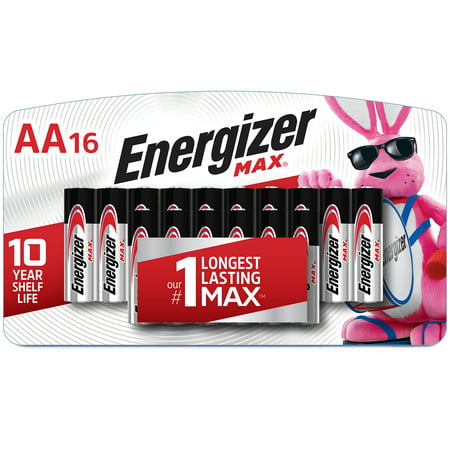Rayovac High Energy Alkaline, 30 AA & 24 AAA Batteries, 54 Count
These AA Alkaline Batteries are perfect for excessive use gadgets including toys, flashlights, remotes and extra. Plus, they’re designed to prevent unfavorable battery leaks and tested two times prior to cargo to ensure reliability. These Double A batteries contain power jewelry for regular performance and a max capability can for adequately containing and delivering most energy. Rayovac High Energy AA Alkaline Batteries are long lasting, assured, plain and easy or your money lower back*. *Money Back Performance Guarantee: Visit www.RAYOVAC.com/MBG for details






AA and AAA Batteries, 30 Pack of AA and 24 Pack of AAA Alkaline BatteriesIdeal for High Use Battery Devices -Toys, Flashlights, Remotes & MoreDesigned to Prevent Damaging Battery Leaks & Tested Twice Prior to ShipmentRayovac AA and AAA Batteries Hold Power Up to ten Years in StorageTrust Rayovac for the Devices You Love





Reviews
There are no reviews yet.